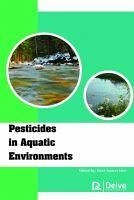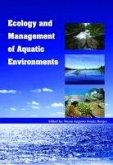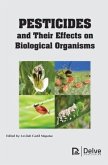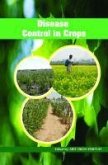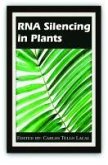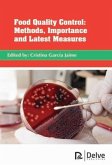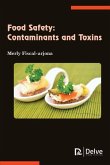The goal of this book is to bring together several factors regarding a threatening concern of our society today: how our production systems impact life on Earth. All ecosystems around us endure the effects of the way we manage resources in order to survive and thrive. All biomes are highly interconnected, and it is clear that we cannot live with unhealthy land, atmosphere and water.The aquatic ecosystems are incredibly delicate, yet, they have been suffering a lot from man-made pollution in several forms, from industrial effluents to the presence of pesticides, mostly coming from agricultural practices. Humans have a special connection with water, not only because it is the origin of life itself, but also because it is a primary material for so much that we need, even if we do not see it clearly. Understanding the mechanisms by which these chemicals reach water bodies, how they behave in such systems, and the impact they have on organisms of all sizes, shapes and roles in the food web, is essential to better protect them. By doing this, directly and indirectly we are protecting ourselves.This book is a collection of basic literature, which present findings that are foundational for the environmental research of the forthcoming decades, recent mechanistic discoveries at cellular levels, as well as a summary of useful strategies to assess risk and to execute monitoring with advanced laboratory techniques.
Hinweis: Dieser Artikel kann nur an eine deutsche Lieferadresse ausgeliefert werden.
Hinweis: Dieser Artikel kann nur an eine deutsche Lieferadresse ausgeliefert werden.

